🧑⚖️ How Adjusters Assist in Insurance Appraisal Disputes
When insurance policyholders and providers don’t see eye to eye on the value of a claim, an appraisal process is often the next step. While intended to resolve conflicts fairly, it can be a complicated and tense experience for homeowners unfamiliar with policy language or legal nuances. That’s where a public adjuster becomes essential.
🧐 Insurance Appraisal Process

At its core, the coverage appraisal process is designed to resolve valuation disagreements between a policyholder and their insurer. It typically begins when a claim is filed and the insurer provides a settlement offer. If the homeowner disagrees with the amount, the policy’s appraisal clause may allow both parties to hire independent appraisers to reassess the damage and cost.
Each side selects an appraiser, and together they choose an impartial umpire. If the two appraisers cannot agree, the umpire steps in to provide the deciding vote. This process is supposed to offer a balanced resolution without litigation, but complications often arise especially when policyholders are unfamiliar with the documentation, valuation standards, or negotiation strategies needed to support their position.
⚠️ How Disputes Happen During the Appraisal Process
Disagreements usually stem from vastly different damage assessments or repair estimates. For example, the insurer may undervalue certain components of a damaged structure, fail to recognize hidden issues, or ignore long-term implications of improper restoration. These differences can quickly evolve into an appraisal clause dispute, where both sides feel their valuation is justified.
Without adequate support, homeowners may find themselves at a disadvantage. This is especially true if they lack technical knowledge of construction costs or can’t provide sufficient documentation. That’s where expert guidance becomes crucial.
🛠️ Role of a Public Adjuster in Navigating Appraisals

A public adjuster for appraisal is a licensed professional who advocates solely for the policyholder. Their involvement ensures the homeowner’s side is fairly represented throughout the appraisal process. From compiling damage reports to engaging in negotiations, they help build a solid foundation for your case.
✅ Here’s how they typically support you:
- 📸 Detailed Damage Assessment
Public adjusters perform thorough inspections, documenting all affected areas with photos, measurements, and professional insight. They often uncover damage not initially identified, which strengthens your claim. - 💵 Preparing Accurate Estimates
Using industry-standard software and cost databases, a public adjuster calculates repair or replacement values. This documentation becomes vital when presenting your case during the appraisal. - 📑 Claim Presentation & Strategy
An experienced adjuster knows how to frame your claim in alignment with policy terms. They prepare comprehensive reports that align with insurance standards, making it easier to defend your position in an insurance payout disagreement. - 👷♂️ Collaborating With Legal and Industry Experts
In complex cases, public adjusters may bring in engineers, contractors, or legal consultants to reinforce the appraisal. Their network and experience often result in more credible, defensible valuations.
🎯 Benefits of Hiring a Public Adjuster During Appraisal
Hiring a professional adjuster doesn’t just level the playing field — it can also dramatically impact the outcome of your claim. Here’s why:
- 🤝 Fair Representation: The insurer has its own team — so should you.
- 📘 Expert Knowledge: Adjusters understand policy language, cost breakdowns, and local regulations.
- ⏳ Time Savings: They handle paperwork, negotiations, and follow-ups, letting you focus on recovery.
- 💰 Better Outcomes: With accurate documentation and strong advocacy, you’re more likely to achieve a fair resolution.
A seasoned adjuster ensures that your voice is heard, your losses are accurately valued, and your rights are upheld throughout the process.
🧾 Resolving an Insurance Payout Disagreement
When facing an insurance payout disagreement, emotions can run high. You’ve suffered damage, and now you’re being told it’s not worth what you know it is. Rather than accept a lowball offer or enter a drawn-out legal battle, many homeowners choose to initiate the appraisal route with a professional adjuster guiding the way.
They bring calm to the chaos. Through precise assessments, smart negotiation, and policy interpretation, adjusters can help ensure a smoother process with a resolution that truly reflects your damages.
📅 When to Engage a Public Adjuster for Appraisal Support
The ideal time to involve an adjuster is early in the process — ideally when a disagreement first emerges. However, they can also be brought in mid-process, especially if your appraiser needs stronger documentation or strategic advice. Whether your claim is large or modest, their presence can be the deciding factor between an undervalued settlement and a fair resolution.
🧠 Why Appraisal Clause Disputes Need Expert Eyes
A simple difference in estimates may seem like a minor hiccup, but it can evolve into a prolonged appraisal clause dispute if not properly addressed. Policy language is dense, and insurers may exploit its ambiguity to reduce payouts. A public adjuster has the insight and experience to counter that by identifying overlooked damage, correcting valuation errors, and making sure your interests are prioritized.
Homeowners facing an appraisal should never go it alone. When so much is on the line, professional guidance isn’t a luxury — it’s a necessity.

